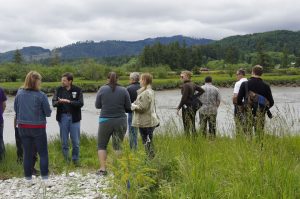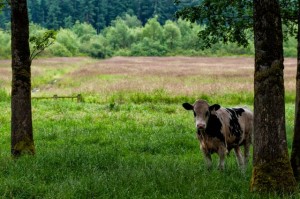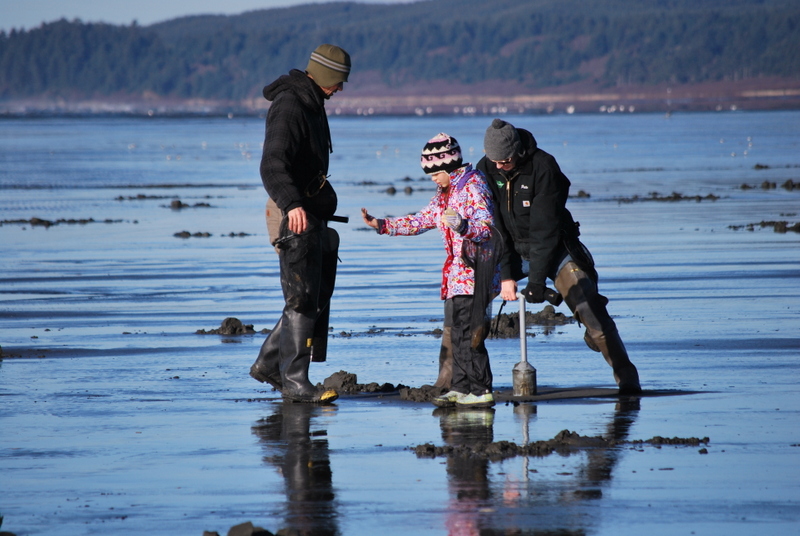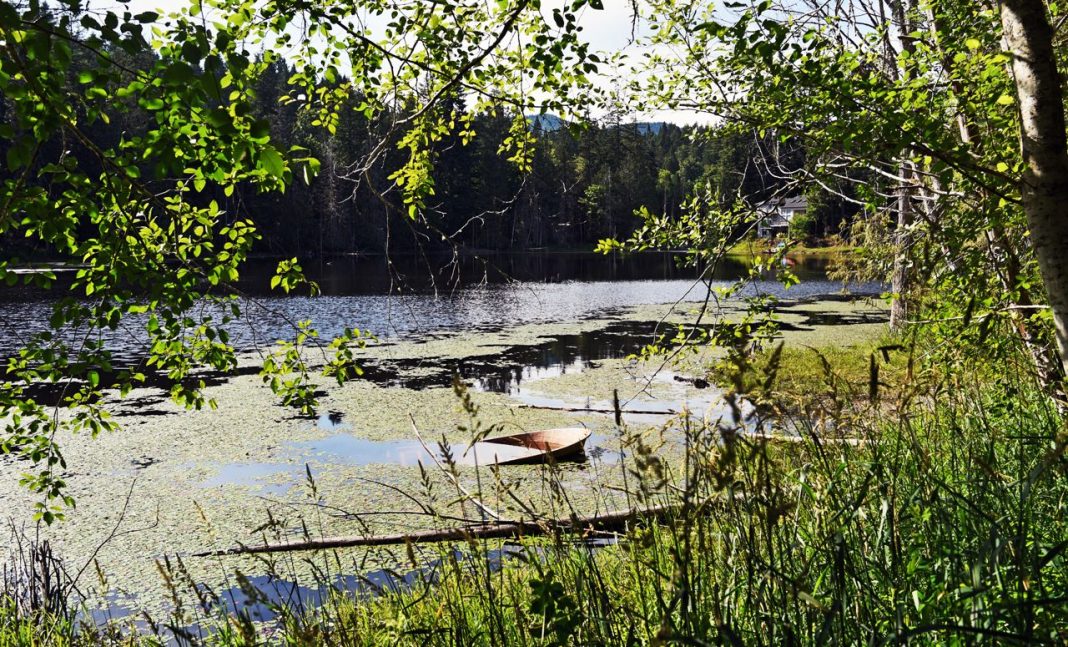Submitted by Capitol Land Trust
In such a divisive political climate, it was a breath of fresh air to see so many players – foresters, farmers, natural resource agencies, real estate professionals – all rallied behind the need to improve the health of our lands for people and nature.
Capitol Land Trust celebrated its 30th Anniversary with a fundraiser to support its mission to conserve natural areas and working lands in southwest Washington. Over 600 diverse community leaders, businesses, and elected officials – from both sides of the aisle – attended the program.

New Commissioner of Public Lands, Hilary Franz, shared her vision for how the Department of Natural Resources can help Washington’s environments and economies become more resilient. She is leading a 20-year vision to improve the health of Washington’s forests to stabilize revenue generation, increase recreation opportunities, strengthen habitat and be less vulnerable to catastrophic wildfires.
Franz said, “Our task is to rebuild our environmental, economic and civic foundations to expand opportunities for the next generations. Together as a state, we can work to restore and protect our forests, tidelands and farmlands, and make our environments and our communities more resilient to our changing world.”
Representative Steve Tharinger (Democrat 24th District) and Representative Richard DeBolt (Republican 20th District) were recognized for their bi-partisan leadership on the Capital Budget Committee and passing the $11.2 million Washington Coast Restoration Initiative in the last biennium.
Twenty-two projects from the Makah Tribe to the Columbia River put people to work by restoring forests and rivers, at the same time improving salmon habitat, increasing recreational access, reducing risk to infrastructure from flooding, and building sustainability in natural resource industries like fishing and forestry. The program has already created 75 jobs.

Restoring land can reduce risks of flooding, drought and fire. Restoration projects also create jobs for local construction contractors, fishermen, foresters, and engineers.
Capitol Land Trust completed three projects under the program including their recent purchase of the 312-acre Darlin Creek Preserve near Capitol State Forest. They hired local contractors to remove a culvert and replace it with a 60-foot steel bridge, opening a mile of stream for coho and steelhead spawning. The preserve will be open to the public for hiking. They also used innovative techniques to reconnect wetlands and reduce flooding hazards on their preserve near Tilley Road in Thurston County.
Executive Director, Amanda Reed said, “These projects have been critical to improving wetland function, protecting against flooding, and expanding salmon spawning habitat in the Black River. We hired 14 local contractors and used 8 local suppliers. We could not have done this work without funding from the Washington Coast Restoration Initiative, and I hope the legislature fully funds the program again this year.
About Capitol Land Trust
Capitol Land Trust is a non-profit 501(c)(3) charitable organization dedicated to conserving and caring for the unique natural areas and working lands within southwest Washington. Since 1987, Capitol Land Trust has worked with partners to permanently protect more than 14 miles of Puget Sound shoreline and 5,800 acres in Thurston, Mason, Grays Harbor and Lewis Counties.



















































